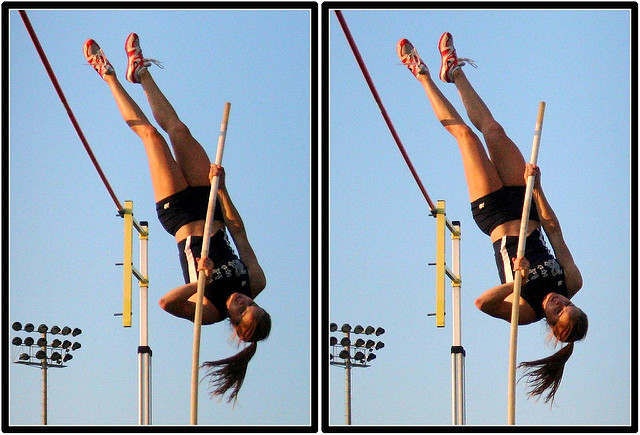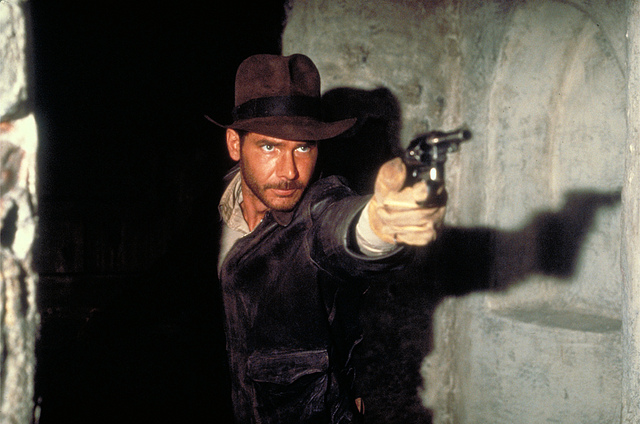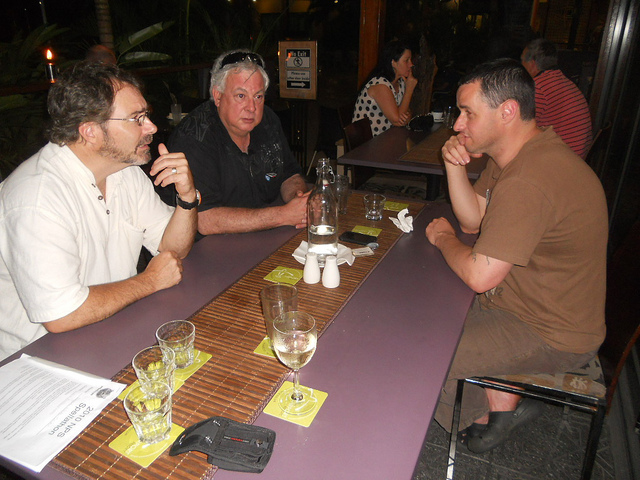opinion
Coaching: a totally new experience for some clients
A new client comes to coaching with me, encouraged by their line manager. They’ve never experienced coaching before, and they’re not really sure what it is, how it works or what it will ‘do to them’. My sense is they only partially understand what it involves – and indeed why would they wholly understand it? It’s a process and a relationship unlike anything else they’ve ever encountered and it must seem difficult to them to relate it to any previous experience.
‘I don’t want to lose my personality’
For some coaching clients there’s an aspect of it that seems to be scary. The scariness shows up in the some of the responses I receive to the question: ‘What will you be disappointed by at the end of the programme?’ – responses such as ‘I don’t want to lose my personality’, or ‘I don’t want to become someone different.’
In turn, what this reveals is the coaching client’s concern that their very identity will be changed in the process of coaching. That something existential, at the heart of who they are, will be taken away from them, outside their control.
Behaviour may change but the identity remains
Clients with this concern tend not to see at the beginning of their coaching programmes that their behaviour is a different issue from their personality, that who they are – their identities – will remain the same and will be neither changed nor damaged nor killed off.
‘What a caterpillar calls death….’
The sense of fear about losing identity reminds me of the Zen saying: “What a caterpillar calls death a wise man calls a butterfly”: the essence of the caterpillar remains but it has transformed into something unrecognisable from the outside and with a whole new world of potential before it.
Spinelli’s change model
Spinelli’s change model sets out the journey: the client travels from their current identity, via transition, to their new identity, and the coach travels with them from their current meaning, via meaninglessness, to their new meaning, equipping them to move through uncertainty to a new identity. The client makes the change. The coach does not remove any part of them, but works with them so that they become bigger and release more of their capabilities. As they add to their current identity, they enrich who they are.
Transformation
This is transformation: the identity remains but a shift has happened.
The client finds themselves in unfamiliar, unknown territory, experiencing a sense of liberation and a discovery of new ground, previously hidden capabilities and motivations, and having created new ways to address what stands in the way of their identity being expressed. They gain fulfilment and create happier, more productive workplaces.
Coaching builds a sense of identity
Coaching is not intended to cloud or damage or repress an identity: rather it reveals, celebrates and builds on it (given of course that that identity rests on sound ethics. Professional, high-quality coaching is not for the leader whose moral code is corrupt).
It’s rare for me to coach anyone who at the beginning of their coaching programme has a clear sense of their identity. Identity is not just behaviour. It’s the defining uniqueness of a person, the combination of their values, beliefs, choices, decisions, and how they relate to the world around them. It’s about their purpose and how they communicate it and live it. It’s about the impact they have on those around them.
What kind of butterfly?
Coaching clients of mine often seem to discover a clarity which simplifies their focus and enables a revelation in understanding what kind of butterfly they are and thus what opportunities are really available to them.
Photo by John Flannery via Compfight
Identity, transition and transformation
What a caterpillar calls death a wise man calls a butterfly. The coaching client travels from their current identity, via transition, to their new identity, and the coach travels with them from their current meaning, via meaninglessness, to their new meaning, equipping them to move through uncertainty to a new identity. This is a journey of transformation. The client makes the change. The coach does not remove any part of them, but works with them so that they release more of their capabilities. As they add to their current identity, they enrich who they are.
Read more »Talent management: the human side
Doctoral research reveals that the experiences and aspirations of 'the talent' are often different from their organisations’ expectations of them and aspirations for them. What's the impact on authenticity, integrity and effectiveness when talent management is commoditised and individual interests go unacknowledged?
Read more »What kind of leader do you want to be?
What kind of leader are you? And what kind of leader do you want to be? What’s the style that gets you best results and feels right to you? When you return to work after a break you may have a more balanced perspective than when you’re in the thick of the pressure. What are you doing to act on the messages that are now clear to you, to become the kind of leader you want to be and to shape the career you really want?
Read more »From peers to direct reports: the senior promotion
When leaders are promoted - and have focused great effort on actually getting the job - there's a risk of not putting enough effort, or not early enough, into making a success of the role once they’re in it. There may be new leadership skills to master - and one of the biggest challenges is to develop new relationships as leader with people who have previously been their peers.
Read more »Women, careers and personal safety
Senior women at work, especially those working part-time, may not be as safe as they would like. They need to develop career resilience: a flexibility in being prepared for – and handling - the unexpected, and learning from tough experiences so as to feel more resourced for the path ahead.
Read more »Identity and authenticity
For some people change appears unsafe because they fear they'll no longer be who they are. However, it's not behaviour or thinking patterns that define who we are. What inherently and uniquely defines ‘self’ are our deeply held (and possibly unconsciously-held) values, our natural talents, and what we need from our environments if we are to thrive. We each need to understand our true place in the various sets of relationships that comprise our lives - in other words, our systems. Constellations can help.
Read more »Resilience and transition: an intimate connection
The relevance of resilience to what can be the challenging process of transition is striking. Leaders have change imposed upon them through, for example, merger or acquisition, or they may be moving into new roles, to new organisations, new cultures, or new countries. During these transitions they need to rediscover their internal resources and call on (or build) fresh sources of resilience. The path to (re-)building resilience can be eased by written narrative and (re-)discovering purpose and meaning.
Read more »Building organisational wellbeing
A meaningful approach to organisational wellbeing will go significantly beyond tactics and process. Building and nurturing wellbeing has to be a way of being (albeit complemented by a set of actions) if it is to bring any significant results. It is part of the organisational culture – how people are with each other. Wellbeing is everyone’s issue: it is systemic.
Read more »The challenge of leadership: what’s needed now?
The recent Sadler Heath event 'What's Needed Now?' - focused on an 'exploration of listening for the right thing to do' - highlighted big themes for me in relation to the role of leadership, responsibility, dialogue, and connection with the system.
Read more »Wellbeing: a direct impact on the bottom line
Organisations with high levels of wellbeing retain their people and in many other ways too, profitability, efficiency and effectiveness increase as wellbeing increases. Positivity breeds positivity. A sense of purpose – which gives meaning to an organisation’s work and the work of its employees – is a critical factor in the building and sustaining of wellbeing.
Read more »











